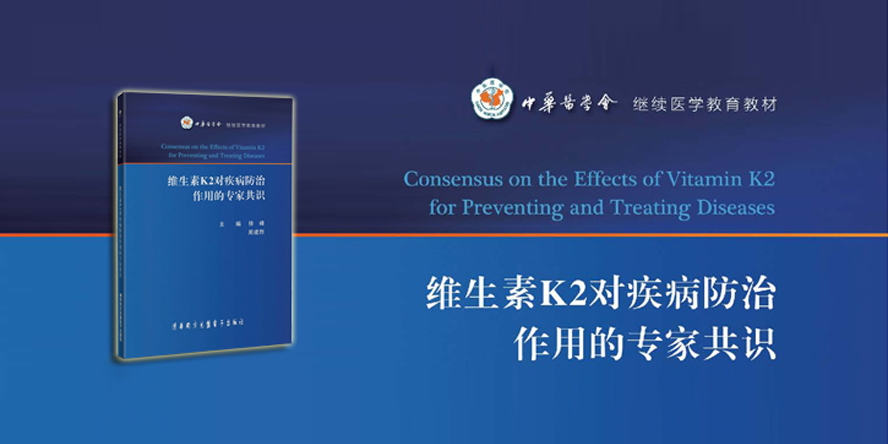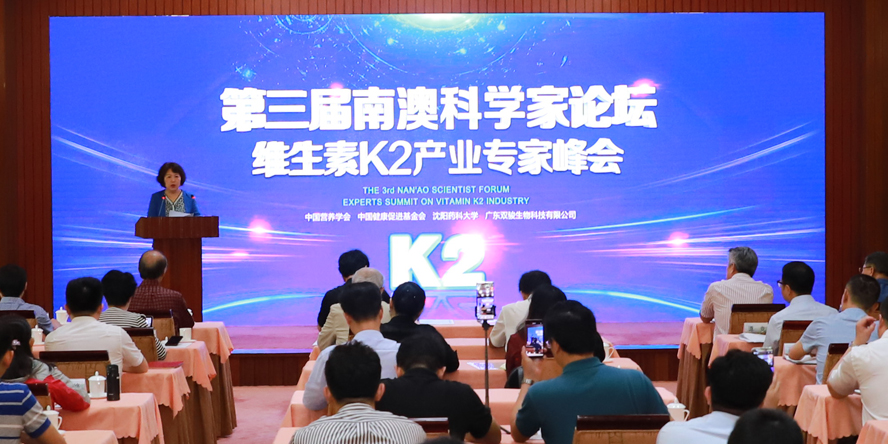New Aspects of Vitamin K Research with Synthetic Ligands: Transcriptional Activity via SXR and Neural Differentiation Activity.
【Abstract】
Vitamin K is classified into three homologs depending on the side-chain structure, with 2-methyl-1,4-naphthoqumone as the basic skeleton. These homologs are vitamin K1 (phylloquinone: PK), derived from plants with a phythyl side chain; vitamin K2 (menaquinone-n: MK-n), derived from intestinal bacteria with an isoprene side chain; and vitamin K3 (menadione: MD), a synthetic product without a side chain. Vitamin K homologs have physiological effects, including in blood coagulation and in osteogenic activity via γ-glutamyl carboxylase and are used clinically. Recent studies have revealed that vitamin K homologs are converted to MK-4 by the UbiA prenyltransferase domain-containing protein 1 (UBIAD1) in vivo and accumulate in all tissues. Although vitamin K is considered to have important physiological effects, its precise activities and mechanisms largely remain unclear. Recent research on vitamin K has suggested various new roles, such as transcriptional activity as an agonist of steroid and xenobiotic nuclear receptor and differentiation-inducing activity in neural stem cells. In this review, we describe synthetic ligands based on vitamin K and exhibit that the strength of biological activity can be controlled by modification of the side chain part.
【From】 PubMed

Pay attention to WeChat public account




